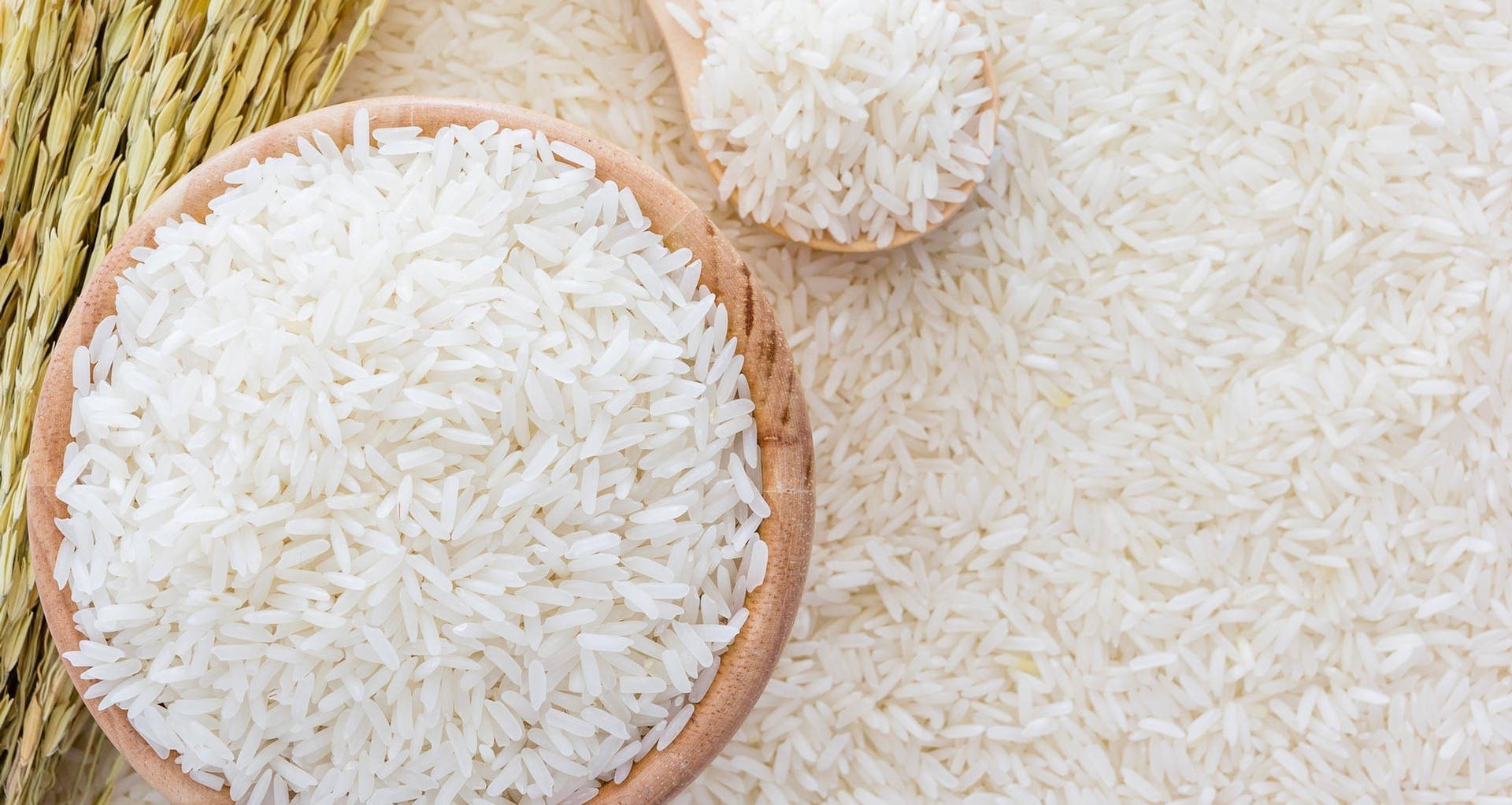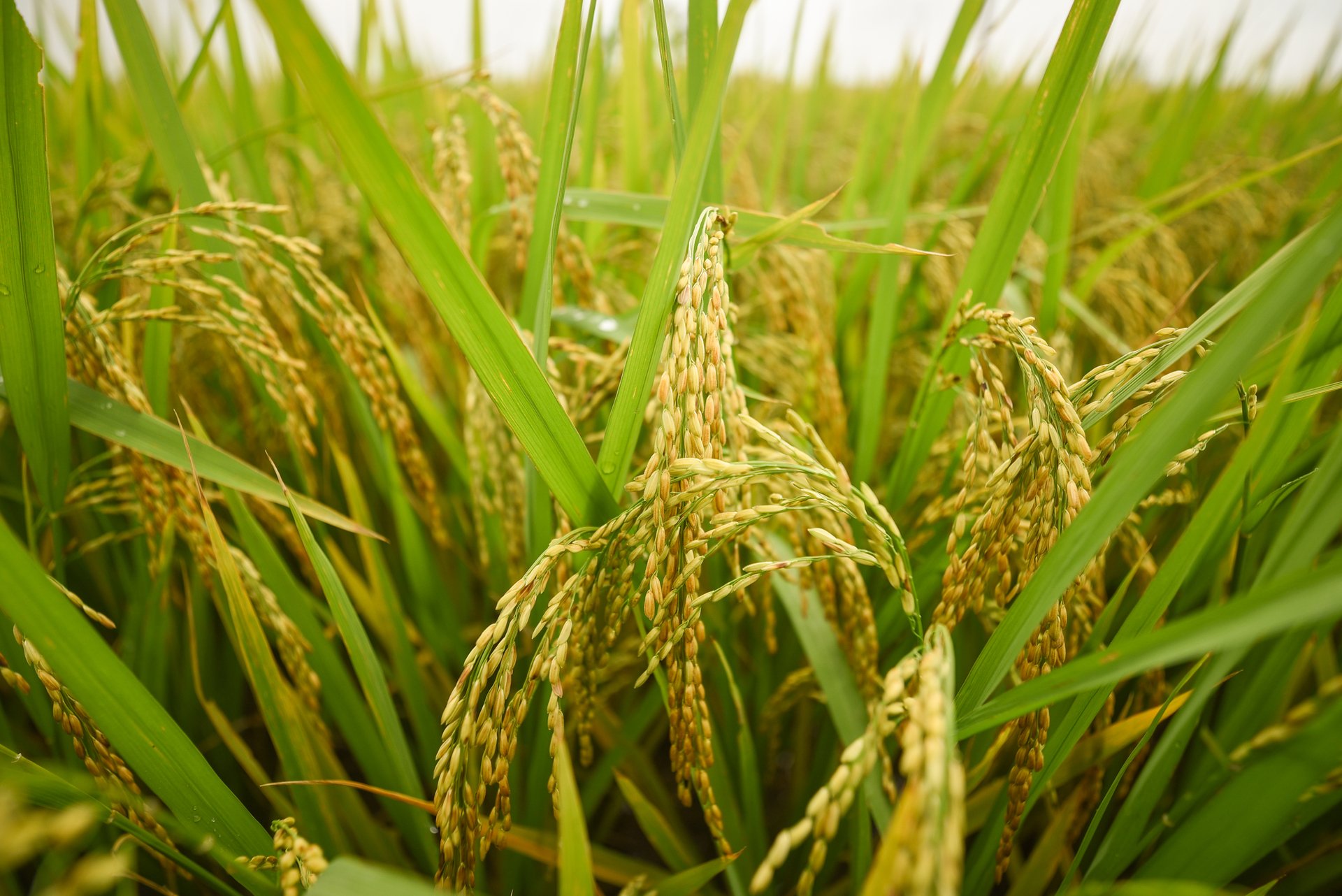June 20, 2025 | 15:17 GMT +7
June 20, 2025 | 15:17 GMT +7
Hotline: 0913.378.918
June 20, 2025 | 15:17 GMT +7
Hotline: 0913.378.918

The Prime Minister has just issued a directive on national food security and promoting sustainable rice production and export.
Prime Minister Pham Minh Chinh has issued a directive to ensure strong national food security and promote sustainable production and export of rice in this period. Accordingly, the Prime Minister signed Directive No. 24/CT-TTg on August 5, 2023, which clearly stated that the recent global food trade situation has been complex, and rice prices have been increasing due to some countries banning exports and reducing rice sales, while others are increasing rice reserves. The Black Sea Grain Initiative has expired, and extreme weather events, natural disasters, and drought have also affected the situation.
In Vietnam, some localities have been engaging in massive purchases of rice, causing imbalances in local supply and demand and unreasonably driving up domestic rice prices.
To ensure strong national food security in all situations, while leveraging the potential and advantages in rice production and export market opportunities to increase the income of the people, prevent speculation and improper gains, and avoid market instability and damage to the reputation of Vietnamese rice, the Prime Minister has assigned specific tasks to relevant agencies and individuals.
Firstly, the Prime Minister has assigned the Minister of Agriculture and Rural Development (MARD) to lead and coordinate with the Minister of Natural Resources and Environment to direct localities to review the planning and development orientation of large-scale, high-quality rice production areas, ensuring dedicated rice cultivation areas. It is also crucial for close monitoring of weather conditions, natural disasters, and outbreaks to timely adjust production and ensure the target of producing over 43 million tons of rice per year in the coming years.
The Ministries should also urgently implement the construction and effective implementation of the "Sustainable Development of One Million Hectares of High-Quality Rice Specialized Cultivation with Low Emissions Linked to Green Growth in the Mekong Delta Region by 2030" project according to the schedule.
At the same time, the Ministry of Agriculture and Rural Development, in coordination with the Minister of Industry and Trade (MOIT), the head of the People's Committees of centrally-governed provinces and cities, and the Chairman of the Vietnam Food Association (VFA), closely monitors the rice market situation in the region and the world, as well as the production and output of rice for each type and season, thereby balancing the supply of rice to meet domestic consumption and export demands, ensuring strong national food security in all situations.
Additionally, the MARD, in coordination with the MOIT and relevant authorities, continues to monitor and facilitate negotiations to remove technical barriers and expand Vietnam's rice export market. Timely guidance and recommendations to localities, businesses, and farmers to strictly comply with Vietnam's regulations and the import countries' requirements.

The Prime Minister's directive requires ensuring the yield of 43 million tons of rice per year. Photo: Tung Dinh.
The Prime Minister suggests that the Minister of Industry and Trade take the lead and coordinate with the Minister of Agriculture and Rural Development, the Minister of Foreign Affairs, and relevant agencies to direct, inspect, and monitor rice export business activities, ensuring national food security and compliance with legal regulations, closely monitor the market situation, global rice trade, and actions of rice-producing and exporting countries. Timely information should be provided to ministries, sectors, the VFA, and rice exporters to proactively regulate production, business, and rice exports for suitability and effectiveness.
It is also essential to quickly complete and submit to the Government the draft Decree amending and supplementing Decree No. 107/2018/ND-CP dated August 15, 2018, regarding rice export business.
The draft Decree needs to establish strict, specific, and feasible regulations on the conditions for rice export business, the quality of rice for export, and the linking of traders with rice growers in building raw material regions, production, and consumption of rice and rice products. This creates a transparent, fair, and favorable business environment while safeguarding the legitimate interests of rice farmers and maintaining the reputation of Vietnamese rice.
The Minister of Industry and Trade takes charge and collaborates with the heads of relevant agencies to implement programs, trade activities, product promotion, and the branding of Vietnamese rice. Appropriate rice trade promotion measures should be adopted to enhance the value of Vietnamese rice products. The effective utilization of preferential mechanisms provided by free trade agreements (FTAs) that Vietnam is a member of should be explored to diversify markets and increase competitiveness for Vietnamese rice.
Guidance and support should be provided to rice traders and exporters to enhance their production and business capabilities, negotiation skills, contract execution, and the efficient resolution of international trade disputes. This will enhance the reputation and value of Vietnamese rice brands in the international market.
The Prime Minister also requested the head of the People's Committees of provinces and centrally-run cities to proactively direct and manage rice and rice production, ensuring targets for productivity, quality, and output according to the plan; timely provide information to relevant ministries and sectors about production output, rice and grain types, stockpiles, and expected yields and harvests of rice and rice products in each type and season of production in their localities to serve rice export management.
Additionally, direct functional agencies to enhance monitoring, inspection, and supervision of rice and rice production, circulation, and consumption within their localities, as well as the maintenance of the minimum circulating reserve levels of rice exporters in accordance with regulations. Strictly handle cases of speculation, illegal profiteering, and unreasonable price increases that could cause domestic market instability and affect the reputation of Vietnamese rice brands in the international market.
Proactively grasp new situations and information and respond promptly to emerging situations in their localities to report periodically or urgently as required by the Government and relevant ministries and sectors on production output, rice and grain types, stockpiles, and expected yields and harvests of rice and rice products in each type and season of production in their localities to promote rice production, rice exports, and ensure food security in the country.
The Chairman of the VFA should strengthen coordination with functional agencies of ministries, sectors, and localities to promptly update and disseminate information about rice and grain supply and demand, as well as new regulations and policies of foreign markets to the association's members. They should make timely reports to relevant ministries and sectors on arising issues and propose solutions to ensure national food security and effectiveness in rice export management.
Provide timely support for producers and businessmen
The Prime Minister also required the Minister of Finance and the Governor of the State Bank of Vietnam, according to their assigned functions, tasks, and authorities, to proactively and promptly direct the implementation of measures to stabilize prices and support rice producers, rice exporters, and traders in accordance with the law.
The Minister of Finance should lead and coordinate with the Minister of Agriculture and Rural Development and the Minister of Industry and Trade to calculate and balance the appropriate and effective rice reserve, resolutely avoiding any shortage of food and rice for the people during natural disasters, epidemics, and other emergencies.
Translated by Nguyen Hai Long

(VAN) The waste of resources from agricultural by-products and the situation of counterfeit and poor quality goods in production causing losses of thousands of billions were pointed out by the National Assembly deputy.

(VAN) After 5 years of implementation, the CAI initiative has helped coffee growers change their farming practices, moving toward responsible agriculture that meets global export standards.

(VAN) The primary prerequisite for the comprehensive and robust integration of Vietnam's livestock sector into the global value chain is the establishment of a disease control system.

(VAN) The results of national programs are essential for establishing a contemporary livestock sector that is well-equipped to meet the demands of both domestic and international markets, with robust biosafety standards.

(VAN) The UNESCO Global Geopark revalidation of Non nuoc Cao Bang and the transition to a two-tier administrative model are presently undergoing a pivotal moment in Cao Bang, the northernmost province of Vietnam.
/2025/06/13/5330-2-004539_953.jpg)
(VAN) Changing policy mindset and removing investment barriers are urgent requirements to open up new development space for enterprises in the agricultural sector.

(VAN) The areas include the restoration of five million hectares of marine ecosystems.